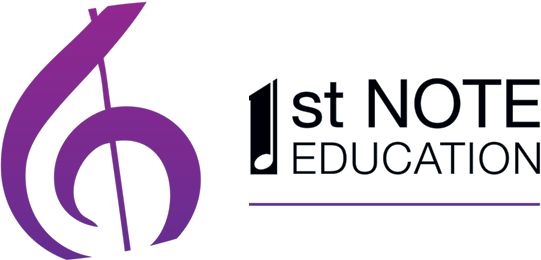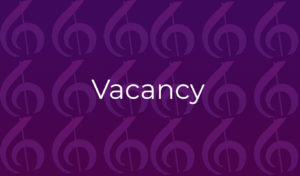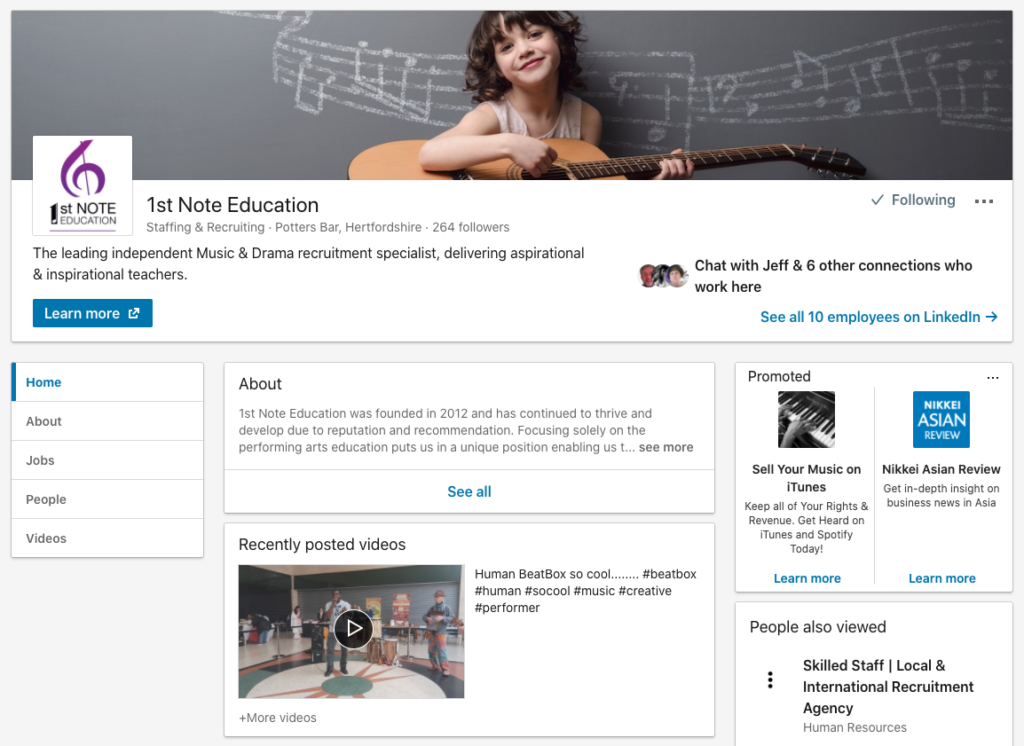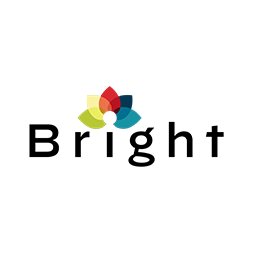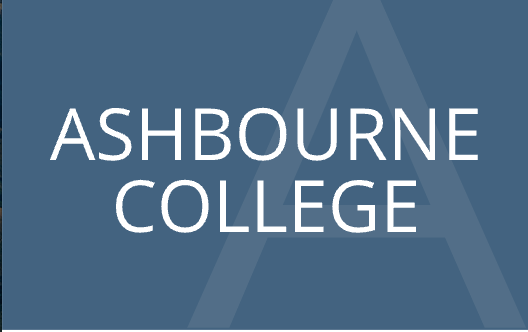Government singing from a different hymn sheet
It seems that music and drama could be being pushed out of the school’s timetable should English Baccalaureate (Ebac) be introduced by the government. What a travesty this could be for the creative students that find their niche in these subjects!! The changes would affect secondary education foremost, but could also have astounding effects on earlier key stages, should there not be a follow on into secondary. Music as a subject has had a lot of bad press in the past, with a lot of views regarding music as a study for the wealthy and well-off, due to the expensive fees paid for instrumental tuition. But music has come so far from those dark days!! Music is for everyone and offers an outlet the students whom find it difficult to express themselves in other subjects. I was a very shy and unbelievably nervous lad until I discovered music. Music was a way for me to unwind after a hard day. Music enabled me to do gigs and concerts and build up self-confidence. Music (and drama) can let a person show their emotions and feelings in ways that no other subject can. It offers numerous cross-curricular benefits and is a great break up to a day whereby a student is behind a desk all day. I could talk forever about why music desperately has to remain in schools! We are surrounded by music in every aspect of life, from turning on the television, to ringtones on a mobile phone… even standing in a lift! Music is everywhere!!! Had I not had such amazing music teachers at school to help nurture my need to compose, would I still be into music as much as I am now? Would I even be music teaching?
Check out this blog on TES website that I found. I was quite upset to read it, and hope, as a keen musician and music teacher wanting to share my passion for the subject with whom ever I teach, that these changes do not come into practise.
Music and drama could become ‘preserve of the elite’ if Ebac proposals go ahead, union warns
1st February 2016 at 15:12
Music and drama could be squeezed out of the timetable if the government’s proposals around the English Baccalaureate (Ebac) go ahead, a headteachers’ union has warned.
The Association of School and College Leaders (ASCL) is concerned that the number of students taking courses like music and drama will drop if the government requires most pupils to study the Ebac subjects.
The government wants at least 90 per cent of school pupils in England to take at least seven GCSEs in Ebac subjects by 2020. These subjects include: English language and literature; mathematics; a humanities option with a choice of either history or geography; a language; and at least two science GCSEs.
But the ASCL argues that these subjects, and extra-curriculum requirements, would leave only a fifth of a student’s time for creative and technology courses.
Malcolm Trobe, ASCL interim general secretary, believes there is a danger that music and drama will become “the preserve of the elite, accessible only to those who can afford private tuition”, if the Ebac makes it more difficult to run the courses.
He added: “We think that the Ebac needs to be more flexible to leave room for creative and technology subjects. These subjects are important for young people and for the economy. Creative industries alone are worth nearly £80 billion a year to the UK and account for 1.7 million jobs.”
The ASCL’s warnings have been made in its formal response to the government’s consultation on implementing the Ebac proposals, which closed on Friday.
It has voiced its concerns following an online petition, signed by more than 60,000 people, calling for arts subjects to be included in the Ebac.
The petition says: “Numeracy and literacy are certainly key to future success in life, but it is wrong to say that the arts are not worthy of inclusion in a measure used to grade a school’s success.
“Our children deserve a broad, creative education, but the Ebac is giving rise to massive declines in numbers of students able to choose arts subjects, at a time when the CBI demands more creative people.”
If the petition receives 100,000 signatures before May 9, it will be considered for debate in the House of Commons.
A Department for Education spokesperson said: “ASCL aren’t just being disingenuous, they are ignoring the facts. All young people should study the core academic subjects that give them the skills to succeed but it is a myth to suggest this must come at the expense of the arts.
“Last summer‚Äôs results showed thousands more students taking GCSEs in arts or music subjects compared to the previous year and the percentage of pupils in state-funded school with at least one arts GCSE has increased since the Ebac was introduced.
“The arts are a key component of the broad and balanced education we expect all pupils to receive and this government has invested millions in arts projects, including schemes to help talented musicians and dancers from all backgrounds attend world-class institutions like the Royal Ballet School.”
Please comment on this story…
Andy T (music teacher)
